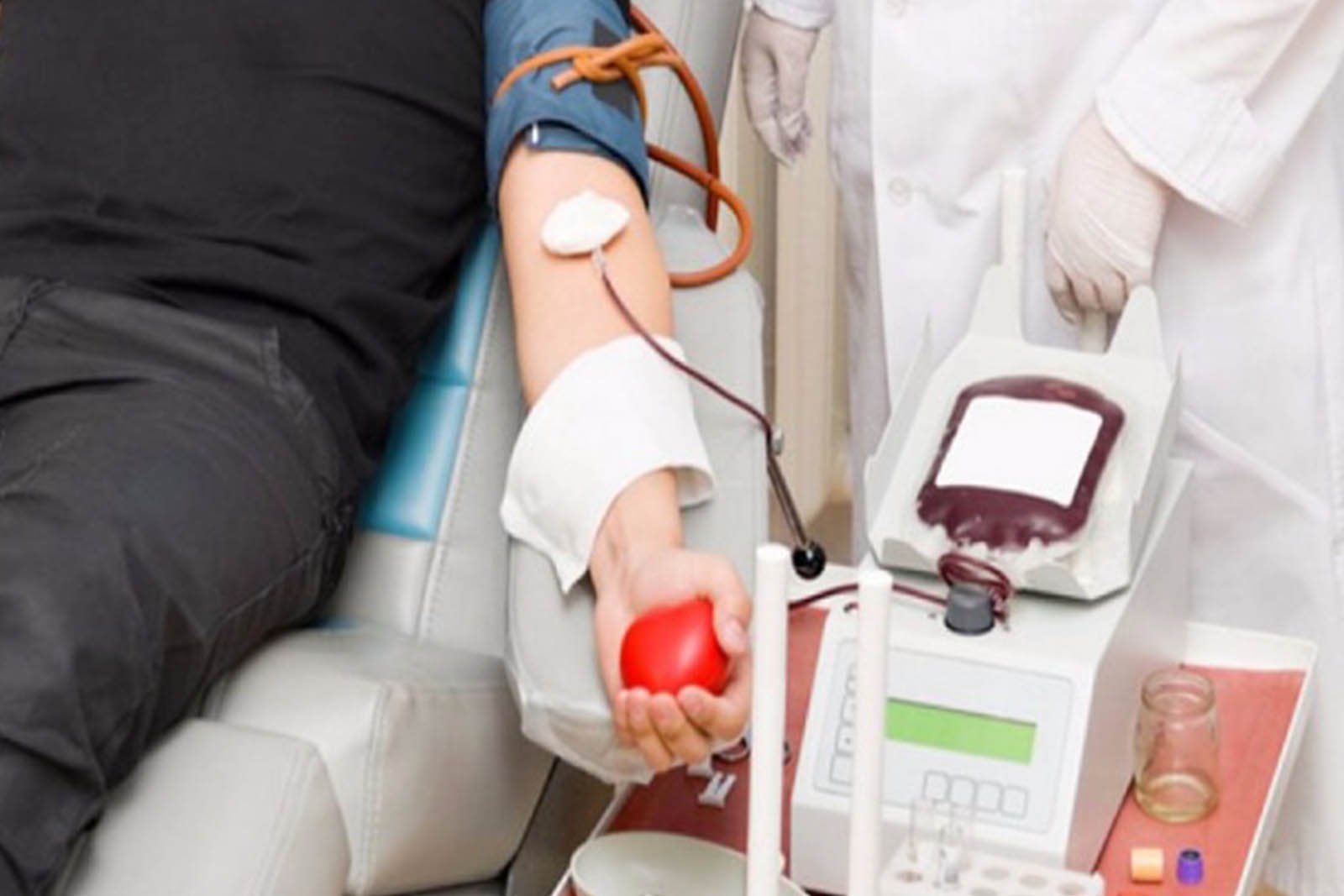
Necessity of Blood Donation
Blood is the part of life that is given to those who need it by those who have the resource to satisfy the need. The love of fellow human and a desire to share something of oneself is what singles out a blood donor from the others. Emergencies occur every minute. For each patient requiring blood, it is an emergency and the patients could have set back if blood is not available.
Your blood donation may be even more special than you realize.
A single donation from you can help one or more patients. This is possible because whole blood is made up of several useful components. These components perform special functions in your body and in the body of patients who receive your blood. The various blood components are Red Blood Cells, White Blood Cells, Platelets, Plasma and selected Plasma Proteins. Each of these components can be separated from your donated volume of blood and transfused into a specific patient requiring that particular component. Thus, many can benefit from one unit of blood.
Blood Donation – A noble cause
One single donation can be separated into three parts: helping, save or improve the lives of patients. Just three teaspoons of blood can save the life of a premature baby. If you donate blood, you can help in saving lives of many patients.
Thousands of patients need blood transfusion for the following conditions :-
- Patients suffering from haemorrhage due to casualities
- surgical procedures and labours
- Haemophilic patients
- Chronic Anaemia
- Malignancy Thalassemic patients
- Bone Marrow transplantation
- Neonatal jaundice and others
Blood donation is not hazardous and it proves to be a healthy habit that helps blood renewal. The volume of blood donation is 350-450 ml, almost 7.5% of the adult blood volume. It is compensated in a short period of time.
When you donate blood , You will get a medical examination including medical history , hemoglobin estimation and blood group determination. The donated blood will be tested for hepatitis B , C , HIV viruses , syphilis microbe , together with liver function tests also HCV RNA by PCR. You will receive the results confidentially or if you want they can be mailed to you.
- Whole blood
- Platelets donation by Aphersis machine, needs dedication of the donor who will accept to spend about one hour or more for donating platelets by Aphersis machines.
- Autologus blood donor which means that the patient will donate blood for himself.
Major Reasons Patients Need Blood Are
- Cancer
- Heart and blood vessel disease
- Disease of the gastrointestinal tract
- Emergencies such as car accidents and burns Examples; Automobile Accident 50 units of blood, Heart Surgery 6 units of blood 6 units of platelets, Burn 20 units of platelets.
- Organ Transplant 40 units of blood 30 units of platelets 20 bags of cryoprecipitate 25 units of fresh frozen plasma Bone Marrow Transplant 120 units of platelets 20 units of blood
Voluntary donation
“A voluntary non-remunerated blood donor gives blood, plasma or cellular components of his or her own free will and receives no payment, either in the form of cash or in kind which could be considered a substitute for money. This would include time off work other than that reasonably needed for the donation and travel. Small tokens, refreshments and reimbursements of direct travel costs are compatible with voluntary, non-remunerated donation”


